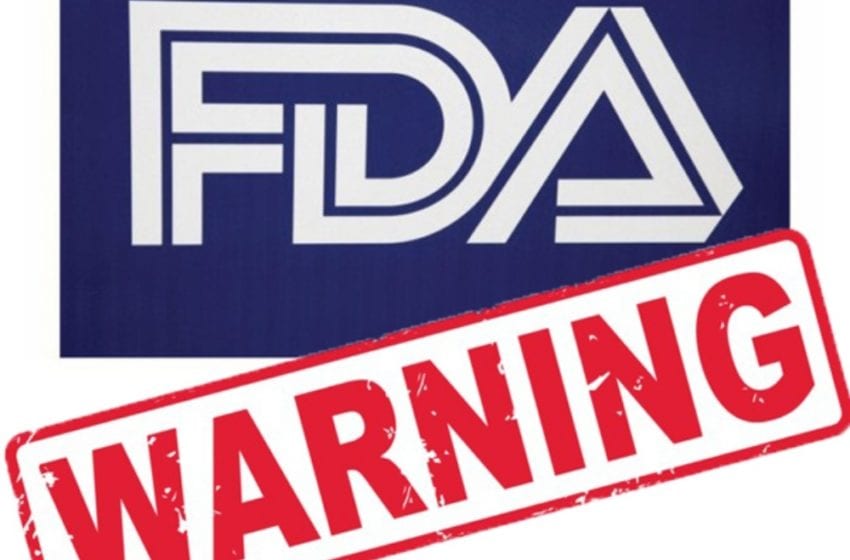The U.S. Food and Drug Administration announced on May 1 that it had sent warning letters to 14 online retailers. The reason for the warning letters was that these retailers were selling unauthorized e-cigarette products.
The warning letters specifically mentioned the sale of disposable e-cigarette products marketed under various brand names such as Elf Bar/EB Design, Esco Bars, Funky Republic, Hyde, Kang, Cali Bars, and Lost Mary, according to press release.
The retailers receiving these warning letters sold or distributed e-cigarette products in the United States that lack authorization from FDA, in violation of the Federal Food, Drug, and Cosmetic Act.
Warning letter recipients are given 15 working days to respond with the steps they will take to address the violation(s) cited in the warning letter and to prevent future violations. Failure to promptly address the violations can result in additional FDA actions such as an injunction, seizure, and/or civil money penalties.
The agency announced on April 30 that the U.S. Marshals Service seized more than 45,000 unauthorized e-cigarette products valued at more than $700,000 in California.
The seized products were mostly flavored, disposable e-cigarette products, including brands such as Puff Bar/Puff, Elf Bar/EB Design, Esco Bar, Kuz, Smok and Pixi.



















